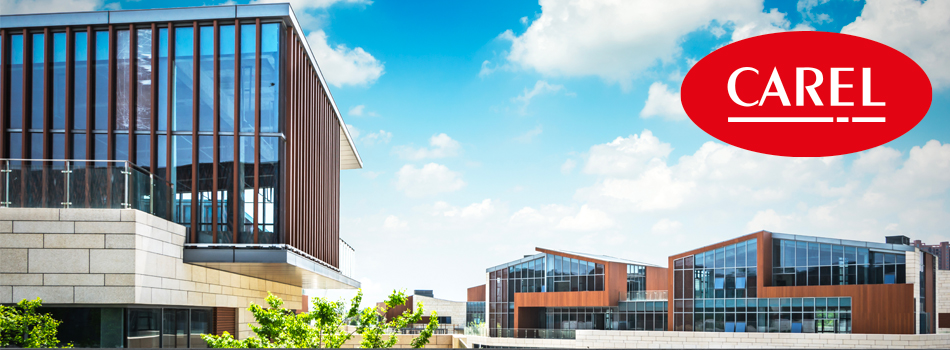Company explores energy efficiency and cost reduction
BRUGINE, Italy, 5 July 2024: Carel said it has released a white paper, titled Energy Saving in Adiabatic Humidification: Principles, Applications, and Benefits. Making the announcement through a Press Release, Carel said adiabatic humidification has remained a key solution for industries seeking efficiency and sustainability in a rapidly evolving technological landscape. (See how I have re-worded this sentence for greater clarity and smoother reading experience.)

Carel said the white paper includes a comprehensive analysis of the principles, applications and advantages of adiabatic humidification, demonstrating how adiabatic systems optimise Indoor Air Quality conditions while also achieving energy savings, reduced operational costs and meeting current sustainability standards.
According to Carel, the white paper first introduces the fundamentals of adiabatic humidification, explaining what it is and how it works. It then analyses various types of adiabatic humidifiers, including pressurised water humidifiers, ultrasonic humidifiers, compressed air humidifiers and centrifugal humidifiers, comparing them with traditional isothermal humidifiers. The focus is dedicated to comparing the energy and water use of these systems, highlighting the significant benefits of adiabatic humidification, Carel added.
Stefano Ruzzon, Group Head of Sales and Marketing, Humidification Division, Carel, said: “In our ongoing quest for innovative and sustainable solutions, our decades-long expertise in adiabatic humidification remains a constant reference point. This white paper provides a comprehensive guide to understanding how this technology can be effectively applied across various sectors, enhancing the efficiency of air quality improvement systems and contributing to a more sustainable future.”
According to Carel, the paper also explores the specific applications of the technology in data centres, where humidity control can lead to substantial energy consumption reductions. Carel said that through practical examples, the paper presents the total utility cost savings, total energy use, cooling energy savings and water use. Carel added that by demonstrating how adiabatic humidification can contribute to more efficient and sustainable operations, the document presents the reduced need for humidification and heating energy.
Copyright © 2006-2024 - CPI Industry. All rights reserved.